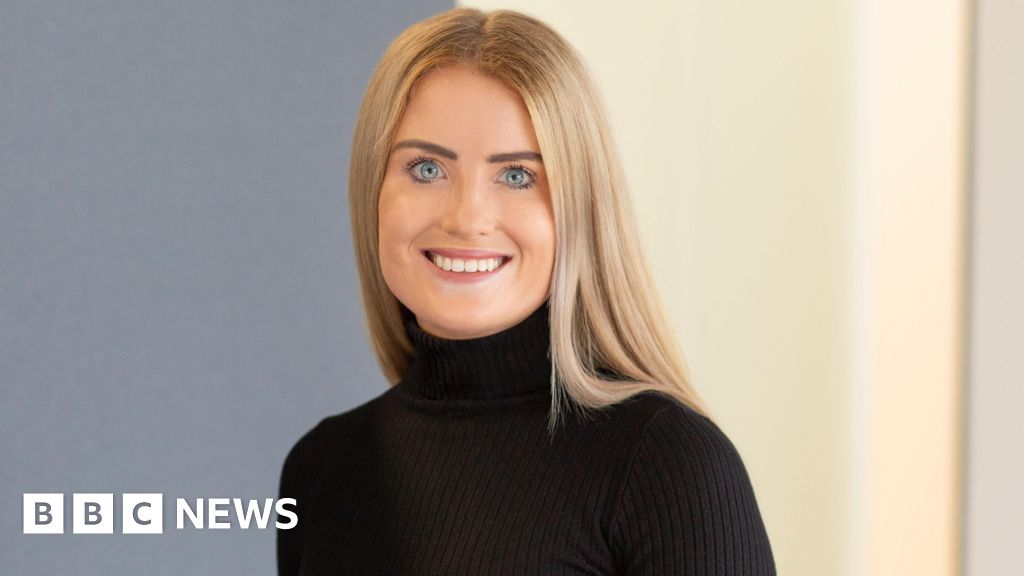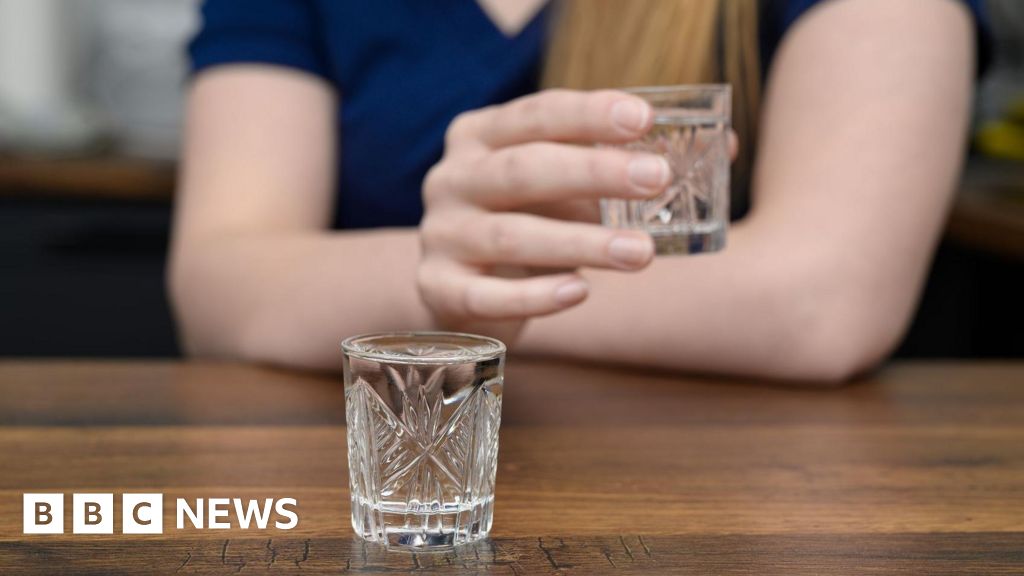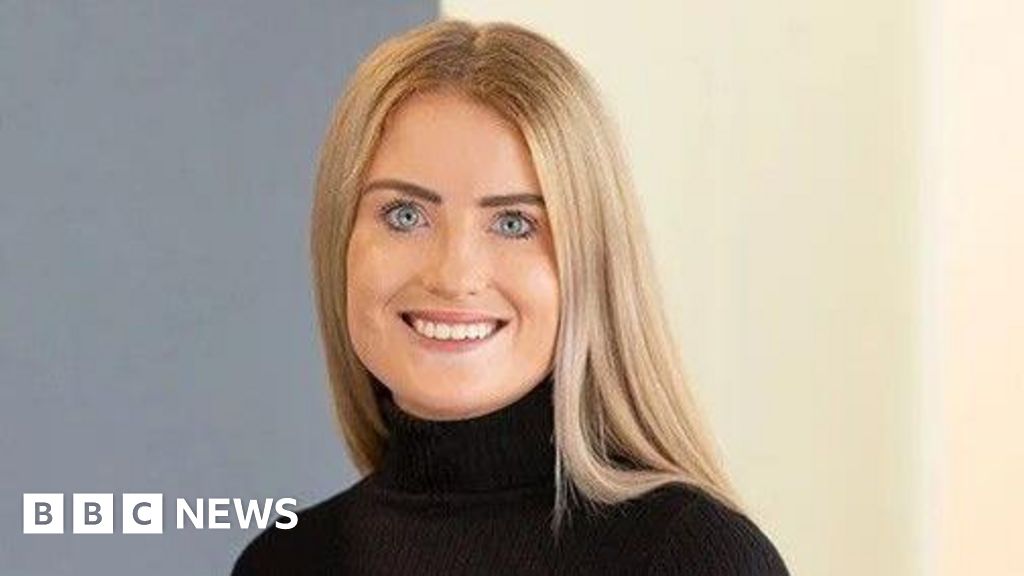ARTICLE AD BOX
Volunteers will be working at Covid vaccination sites in England later as the push to offer every adult a booster by the end of the month continues.
NHS England says thousands of first, second and booster jabs will be given on Christmas Day as part of its response to the Omicron variant threat.
Appointments are available in at least eight locations including London, Manchester, Swindon and Eastbourne.
A new high of 122,186 daily UK Covid cases were reported on Friday.
But about 60% of adults have now received a booster jab in the UK, with a record number of vaccinations taking place in the last seven days, the NHS says.
More than 32 million boosters and third doses have now been administered, and officials are urging all eligible people to come forward for their jab as soon as possible to reduce the impact of Omicron.
Vaccination centres are not opening in Scotland, Northern Ireland, or Wales on 25 or 26 December,
Jaya Authunuri, who runs the vaccine service at the Medical Centre in Bridlington in East Yorkshire, is among those giving up some of his time on Christmas Day to help with the booster efforts.
Jaya Authunuri says his clinic has been carrying out about 5,000 vaccinations a week since the booster rollout was expanded
Since Prime Minister Boris Johnson announced the booster programme was being expanded to all adults on 13 December, the number of vaccines being delivered by the centre has increased from around 1,000 a week to 5,000, Mr Authunuri says.
Vaccines are being offered between 11:00 and 12:00 on Christmas Day for walk-in appointments, although Mr Authunuri says if there is significant demand the centre could stay open for an extra three hours.
Mr Authunuri said: "Christmas is all about giving, giving hope, giving presents etc.
"When we sat down and thought what is the thing that we can actually give to the community, the doctors and myself we thought giving our time to the community is the most precious gift that we can give and hence we thought we'd open the practice for that basis."
In London, vaccinations will be taking place at Redbridge Town Hall and Croydon University Hospital on both Christmas Day and Boxing Day.
But most vaccination sites in England will remain closed until at least Monday. People are being advised to check the list of walk-in sites, or book an appointment online.
Meanwhile, the government says it will be sending millions of text messages on Boxing Day urging people to "get boosted now".
The message will say: "Every adult needs a Covid-19 booster vaccine to protect against Omicron. Get your Covid-19 vaccine or booster."
Health Secretary Sajid Javid said: "Millions of vaccine slots are available through the festive calendar so if you're not boosted and you get this text, take up the offer and get vaccinated."
Figures issued on Friday by the Office for National Statistics estimate 1.74 million people in the UK had coronavirus on 19 December, up by more than 368,000 on the figure three days earlier.
This equates to 2.7% of the population or one in 35 people. In London, that figure was one in 20.
Office for National Statistics chief Sir Ian Diamond said there were "indications" the Omicron variant was encouraging people to adopt "safer" behaviour but it was "far too early to suggest that we will see anything other than a continued rise" in cases.
The latest government figures also showed 1,171 people with Covid or suspected Covid were admitted to hospital on Monday - the highest number since 19 February.
Dr Jenny Harries, the head of the UK Health Security Agency said findings that Omicron may be less likely to result in serious illness than Delta offer a "glimmer of Christmas hope" but it "definitely isn't yet at the point where we could downgrade that serious threat".
Tougher Covid restrictions are being introduced in Scotland, Wales and Northern Ireland from 26 December. Boris Johnson has not gone as far - but he has said he would not hesitate to act after Christmas if needed.
Omicron: What we know so far
- This variant is very contagious - it spreads faster than others and can infect people even if they are fully vaccinated
- Vaccines and boosters are still essential - they do a great job at protecting against severe disease that could put you in hospital
- It is milder - if you catch it, the risk of needing hospital treatment is up to 70% lower than with previous variants - but that is largely because many of us have built up immunity from vaccines and past infections rather than changes to the virus
- Even if Omicron is milder, because it is more contagious a large number of people will catch it and some will still become very ill, which puts pressure on the NHS

 2 years ago
22
2 years ago
22








 English (US)
English (US)